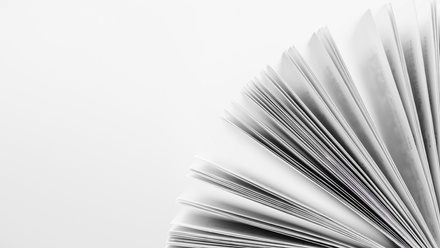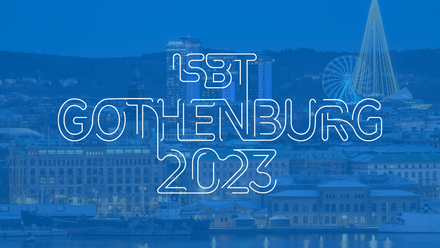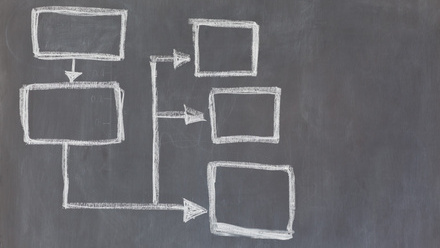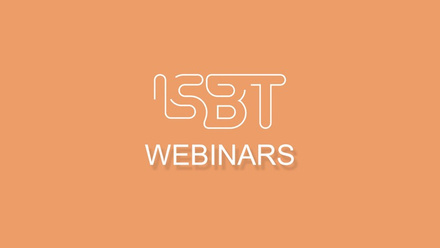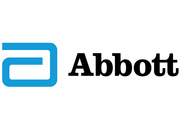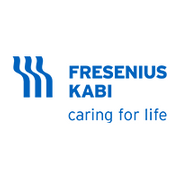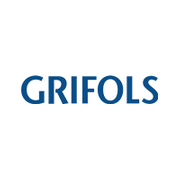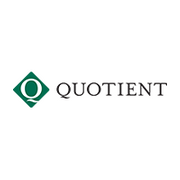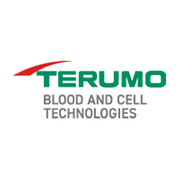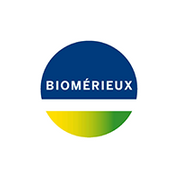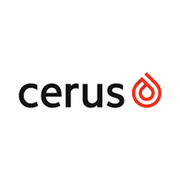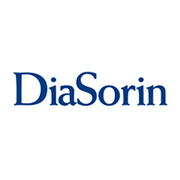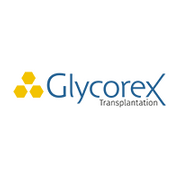The Finding Rare - well done! session included the following presentations:
1. Gwen Clarke: Managing Rare Blood: A sustained challenge around the globe!
2. Tanya Powley: Rare Blood Donor Programs: ISBT working party survey
3. Margaret A. Keller: The American Rare Donor Program’s Support of Patients with Sickle Cell Disease
MODERATORS: Vered Yahalom, Linda Bodecker Zingmark
After the presentation, there was a questions and answers session, which is also included in the recording.
Abstract
The American rare donor program's support of patients with sickle cell disease
M Keller1,2, V Kavitsky1,3, J Maurer1,3, D Facey1,3
1American Rare Donor Program, 2National Laboratories, 3Biomedical Services, American Red Cross, Philadelphia, United States
Background: The American Rare Donor Program (ARDP) has a mission of supplying rare blood products to alloimmunised patients. ARDP is made up of 90 member facilities, of which 76 are blood collectors. Most requests for rare blood products are for red blood cell (RBC) units. Many of these are for patients with sickle cell disease (SCD).
Aims: This study aimed to analyse the requests received in calendar year 2022 (CY2022) for rare RBCs for patients with SCD by clinical condition, phenotype, and fill rate.
Methods: The ARDP database was queried for all requests received by patient diagnosis. Those requests for patients with SCD were further analysed by clinical condition, if provided, phenotype, and fulfilment information. Fulfilment data were evaluated to determine for which requests all, some or none of the requested units were identified and if they were shipped. Cancellations of requests were also enumerated.
Results: In CY2022, ARDP received 1273 requests for rare blood products, of which 1251 (98.3%) were for RBC units. Of these, 558 requests (43.8%) were for 233 patients with SCD. A single request was submitted for each of 130 patients with 19 being the maximum number of requests for a single patient. Based on the clinical information provided with the requests, 265 (47.5%) were for treatment of anaemia, 134 (24%) were for patients experiencing sickle crisis, 75 (13.4%) were for exchange transfusions and 61 (10.9%) were in support of pregnancy/delivery. Of all requests for patients with SCD, 52% required RBCs lacking multiple common antigens, 27% were for RH allele-matched RBC units and 21% required RBCs lacking a high-prevalence antigen. Nine percent of requests were cancelled within one day of order. Overall, 90% of uncancelled requests were filled or partially filled, 86% of requests were filled, while 3% were unable to be filled. RH allele matched requests had the lowest fill rate by rare type at 78.8%. No cases involved importation of blood from outside of the US; one request that was filled was for a patient outside of the US.
Summary/Conclusions: The ARDP receives more than 1000 requests for rare blood products per year. Most of these are for RBC units. By analysing data from requests received in CY2022, we show that nearly 44% of requests for RBC units were for patients with SCD. Overall, 90% of these requests were able to be fulfilled or partially fulfilled. Based on the estimated number of patients with SCD in the US (~100,000), the requests coming from member centres to the ARDP are in support of 0.2% of this patient population. Based on a recent survey of ARDP members (Nance S, Transfusion 2021), it is very likely that many more rare RBC units are being provided to hospitals for transfusion to patients with SCD directly by ARDP member facilities from their inventories of liquid and/or frozen RBC units or by direct recruitment of their rare donors. With the rate of alloimmunization in patients with SCD being the highest in any patient population, the ARDP, its member centres and rare blood programs around the globe are a critical resource for transfusion support of patients with sickle cell disease.

